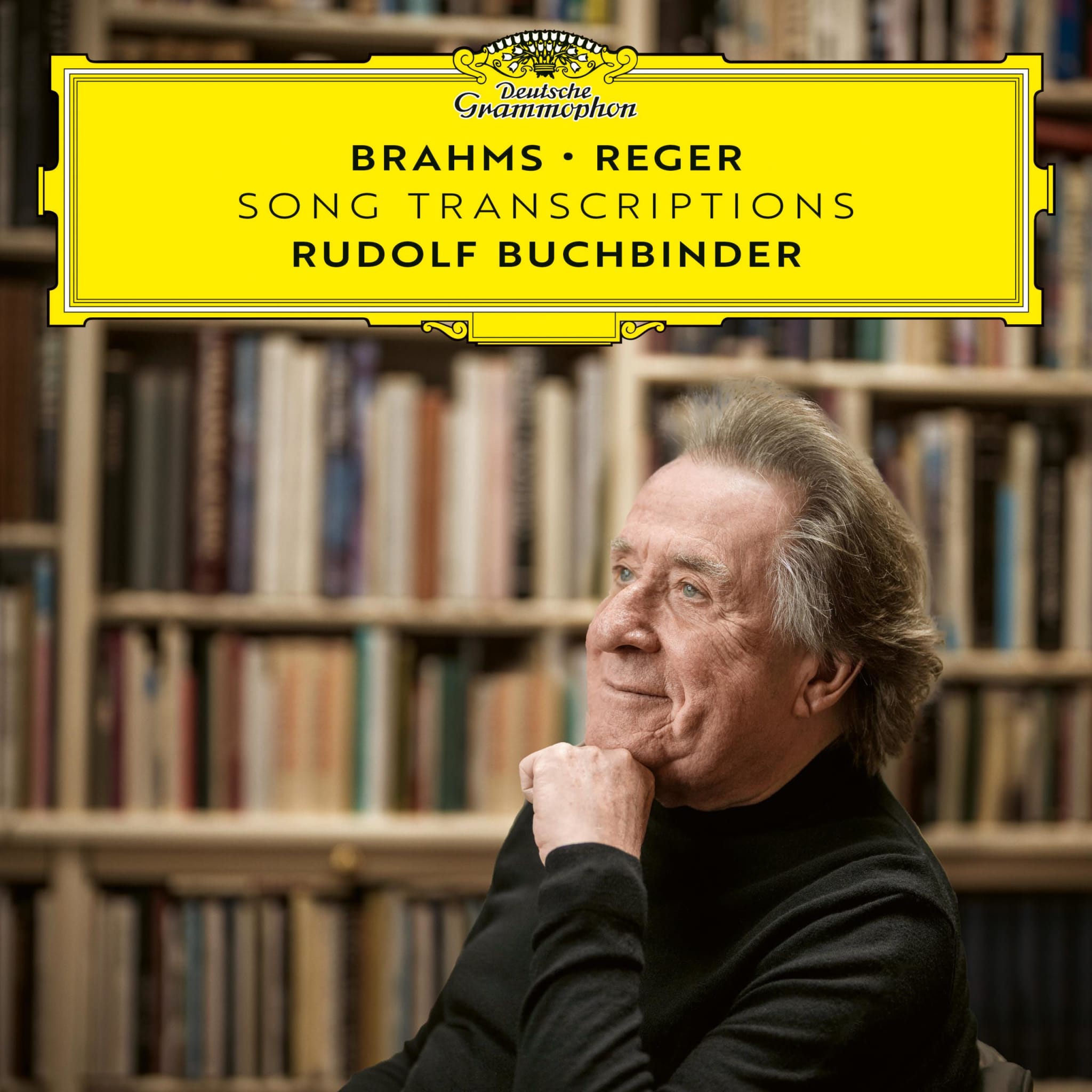An immensely precocious musician, Brahms came from a modest background and supported himself by playing the piano in taverns before studying music seriously. In 1853 he met Franz Liszt and, independently, the Schumanns – Robert and Clara – who welcomed him into their circle and encouraged his efforts as a composer. Their meeting soon blossomed into friendship. A three-year appointment as choral conductor at the tiny court of Lippe-Detmold allowed him time to continue his activities as a composer, but was followed by a period in which he devoted more time to practical music-making, both as a pianist and a conductor.
Only after he settled in Vienna in 1862 did he devote himself fully to composition, although he continued to tour extensively. From 1872 to 1875 Brahms was director of the Gesellschaft der Musikfreunde in Vienna. He remained a lifelong opponent of opera and programme music, preferring, instead, to write "pure" music and to resist the reforms of the New German School spearheaded by Wagner. (Wagner returned the compliment by describing Brahms's works as "artificial and unedifying".) A Romantic who carried the torch of the Classical tradition, Brahms wrote Lieder, piano pieces and chamber music, but is remembered, above all, as the composer of four symphonies and four concertos – two for piano, one for violin and the Double Concerto for violin and cello.




















